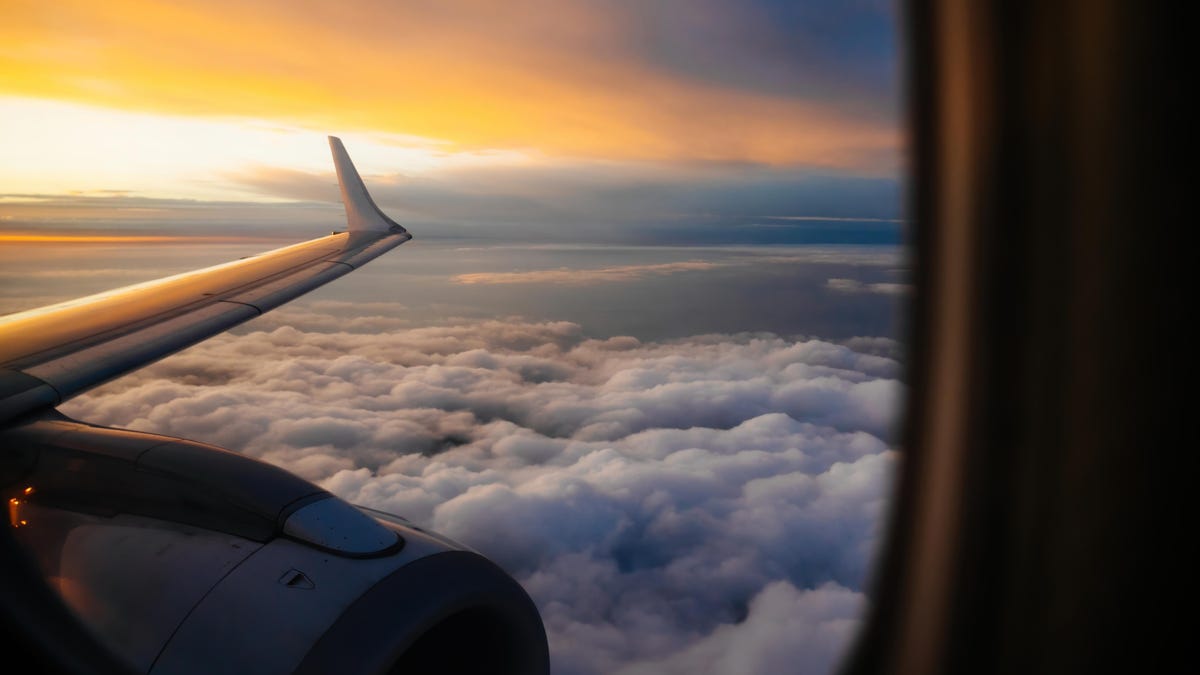Air travel can be noisy. You go from the loud, overlapping sounds of the airport terminal, to the whooshes, humming, and beeping inside the aircraft. Then, once you’re in your seat, you hear a series of chimes before, during, and after the flight.
As it turns out, the different tones and combinations of dings and boings send various messages to and between pilots, passengers, and members of the cabin crew. Below is a breakdown of some of these alerts, and what they actually mean.
The meanings behind the alerts on airplanes
Wondering what the chimes and beeps you hear on airplanes actually mean? While there’s some variation between airlines, here are a few examples of what these sounds are communicating:
Double chime before departure
According to Jack Herstam, an airline pilot and former flight instructor, this can mean that the pilot is letting the flight attendants know that departure is imminent. Depending on the airline, if the double chime happens while the plane is taxiing to the departure runway, he says it could mean that the pilots have been given clearance to get in line and wait on the departure runway, or that they’ve been cleared for takeoff.
Single chime shortly after takeoff
A single chime after being airborne for a few minutes typically means that the aircraft has reached an altitude of 10,000 feet, Herstam explains. At that point, if the air is smooth, the flight attendants are permitted to get up from their seats, and the pilot will likely make announcements soon—including letting passengers know that larger electronic devices may be used.
Two-tone high-low chime during the flight
According to Tommy Cimato, a flight attendant whose viral TikTok videos explained some of the mysteries of air travel, when a flight is underway and there’s a two-two high-low chime, it means that one flight attendant is contacting another, or that the flight deck is trying to reach them.
Single chime during the flight
Once the plane has reached cruising altitude, a single chime could mean a few different things. As Cimato points out, the solo ding could mean that a passenger has pressed their call button and is trying to get a flight attendant’s attention. You might also hear a single chime when the “fasten seatbelts” symbol is being switched on or off—including after the plane has landed.
Three chimes in a row during the flight
According to Cimato, hearing three chimes in a row on a flight is extremely rare. But, if you do happen to hear that sound, it means there’s an emergency, he explains.
However, other airline employees have noted that while three-chime alerts are priority messages from the pilot to the flight attendants, they don’t always mean there’s an immediate life-threatening emergency. For instance, it could also mean that there’s serious turbulence and they should put the beverage carts away and take a seat.
It’s important to note that while there are similarities across airlines, there isn’t a single, universal chime code used around the world, so some of these dings and boings may have different meanings, depending on the carrier.

